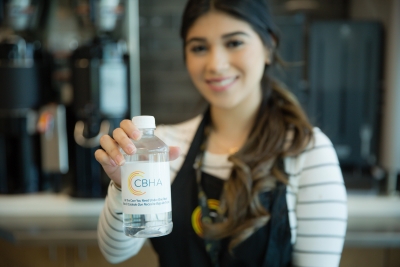HEAT HEALTH ADVISORY

With temperatures hitting triple digits this week, it’s more important than ever to protect yourself, your children, elderly friends and family, and your pets from heat-related illness. Washington’s Department of Health recommends that to avoid heat-related illness, people should follow some simple tips:
- Stay indoors and in an air-conditioned environment as much as possible, unless you're sure your body has a high tolerance for heat.
- Drink plenty of fluids but avoid beverages that contain alcohol, caffeine or a lot of sugar.
- Eat more frequently but make sure meals are balanced and light.
- Never leave any person or pet in a parked vehicle.
- Avoid dressing babies in heavy clothing or wrapping them in warm blankets.
- Check frequently on people who are elderly, ill or may need help. If you might need help, arrange to have family, friends or neighbors check in with you at least twice a day throughout warm weather periods.
- Salt tablets should only be taken if specified by your doctor. If you are on a salt-restrictive diet, check with a doctor before increasing salt intake.
- If you take prescription diuretics, antihistamines, mood-altering or antispasmodic drugs, check with a doctor about the effects of sun and heat exposure.
- Cover windows that receive morning or afternoon sun. Awnings or louvers can reduce the heat entering a house by as much as 80 percent.
- Make sure pets have plenty of water.
The early warning signs of heat stress can include decreased energy, slight loss of appetite, light-headedness, and nausea. People experiencing these symptoms should go to a cool environment, drink fluids, remove excess clothing, and rest.
Serious signs of heat stress can include rapid heartbeat, throbbing headache, lightheadedness or fainting, dry skin, chest pain, mental confusion, irritability, vomiting, diarrhea, muscle cramps, staggering, and/or difficulty breathing. People experiencing these symptoms should get immediate medical attention. While waiting for help move the person to a cool area, remove excess clothing, spray with water, and fan the person. In an emergency, dial 911.